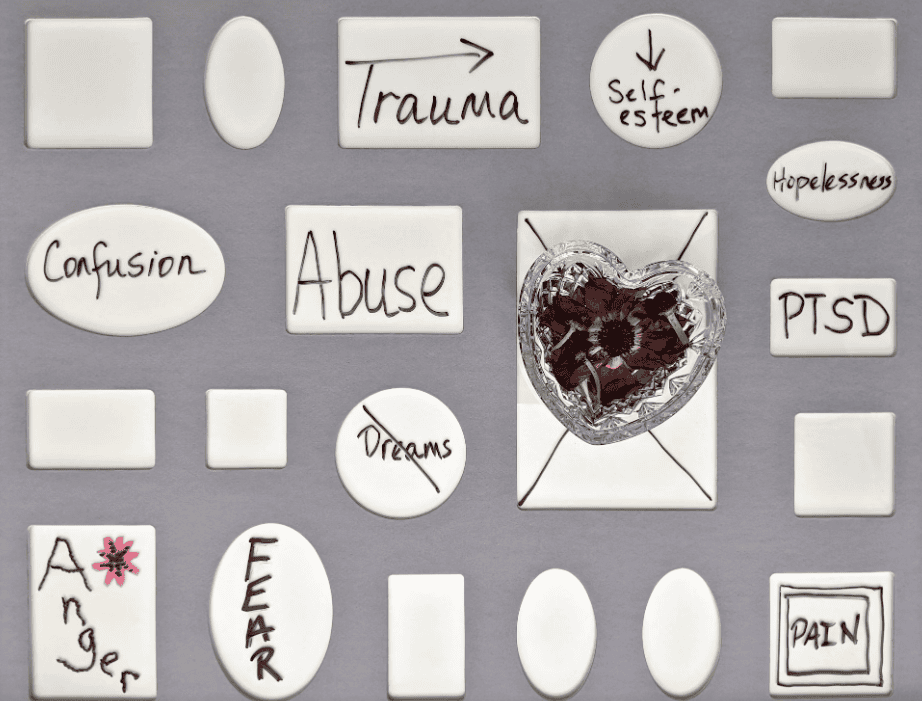It’s no secret that the impact of substance use and mental health issues are deeply interconnected. These two often intersect in various ways. Someone might turn to substances to self-medicate a mental health issue, hoping for permanent relief but frequently finding only temporary solace.
On the other hand, excessive drug or alcohol use can lead to the development of mental health problems; such behavior can easily result in a vicious chain that is notoriously difficult to break.
Understanding these vice-versa connections is crucial for addressing both substance abuse and mental health issues effectively. Our main objective is to bring this topic closer to our readers by focusing on the impact of substance use on the development of mental health issues.
The Connection Between Substance Use and Mental Health Issues
We’ll use a study conducted on New Jersey youth in Paterson to give you a glimpse of the interconnectedness between substance abuse and mental health issues.
The research indicates that young people using substances like marijuana and alcohol have higher rates of depression and anxiety. These substances are often considered socially acceptable among youth, with marijuana being legal for those over 21 in NJ.
Additionally, the study found that 1 in 4 youths used marijuana in the past 30 days, and alcohol is easily accessible, with 30% having consumed it before the age of 13. Early substance use is generally linked to increased mental health issues, particularly anxiety and depression.

An Urgent Need for Dual Diagnosis
Here’s another example of how this interconnection receives the attention it deserves.
As research continues to uncover and, quite often, confirm the impact of substance use on the development of mental health issues, many treatment centers across the country are integrating dual diagnosis treatment into their programs.
Despite the concerning statistics, New Jersey is making significant efforts to reduce the harmful effects of substance abuse. With this particular goal, We Level Up Lawrenceville NJ treatment center uses a dual approach to address both substance abuse disorders and the associated mental health conditions, whether they’ve occurred before or after the substance use began.
Now that we’ve laid the foundation, let’s see why things are the way they are: how exactly does substance abuse affect mental health issues?
How Substance Use Impacts the Development of Mental Health Issues
The two pivotal aspects are: how substance use affects brain chemistry and contributes to the onset of mental health issues and how it worsens pre-existing conditions under the guise of self-medication.
The Impact of Substance Abuse on Mental Health Issues
Even if a person didn’t have mental health issues prior to developing a substance use disorder, they could develop them as substances alter our brain chemistry – they disrupt the delicate balance of various neurotransmitters in the brain. For instance, marijuana alters dopamine levels.
These are responsible for mood regulation and can induce feelings of euphoria or anxiety depending on the individual and immediate circumstances of use. Meanwhile, alcohol interferes with gamma-aminobutyric acid (GABA) receptors. These are essential for inhibiting excitability in the brain and can increase feelings of anxiety, despair, and depression over time.
The Stigma of SUD and its Impact on Mental Health
It’s not just about brain chemistry; societal factors play a significant role, too. The stigma surrounding addiction amplifies mental health struggles for individuals grappling with a substance use disorder (SUD).
This is why the already mentioned therapeutic facilities, such as Level Up Treatment Lawrenceville, prioritize treating SUD without adding to the stigma experienced by their patients. They accomplish this by treating each patient as an individual, understanding that there is – although certain similarities between patients exist – no universal pathway to addiction.
Many people carry guilt and shame even before they start experimenting with drugs or alcohol. These often stem from bad childhood experiences and are perpetuated by ongoing self-criticism; they can compel individuals to turn to drugs or alcohol as a means of numbing their pain. Yet, this reliance only deepens the cycle of addiction and worsens mental health issues. And speaking of cycles, here’s a pretty unfortunate one.

The Impact of Mental Health Issues on Substance Use
Certain mental disorders significantly increase the chances for a person to develop a substance use disorder. Individuals with varying degrees of mental illness may turn to drugs or alcohol as a way to self-medicate and ease their symptoms. While substances can initially alleviate them, they can also worsen symptoms over time.
Changes in brain activity during mental health issues can make individuals more vulnerable to substance misuse. This happens as substances enhance pleasure, reduce awareness of consequences, or simply relieve discomfort from the mental disorder or its treatment. This complex interaction underscores the importance of integrated treatment (dual diagnosis) approaches that address both mental health and substance use issues effectively.
Depression and Substance Use: What Came First?
There’s no definite answer to this one. The relationship between clinical depression and substance is complex. It’s often unclear which condition comes first – whether depression leads someone to turn to substances as a coping mechanism or if substance use triggers feelings of depression. As both scenarios do occur, they highlight the two-way nature of this relationship.
Understand The Impact of Substance Use
The impact of substance use on the development of mental health issues is not to be taken lightly. Whether it changes our brain chemistry or makes existing issues worse, experimenting with drugs, even lighter ones or alcohol is strongly discouraged to avoid mental health problems. Luckily, today, there are treatment methods that mend both conditions (SUD and mental health issues) simultaneously. However, prevention is always better than cure.


